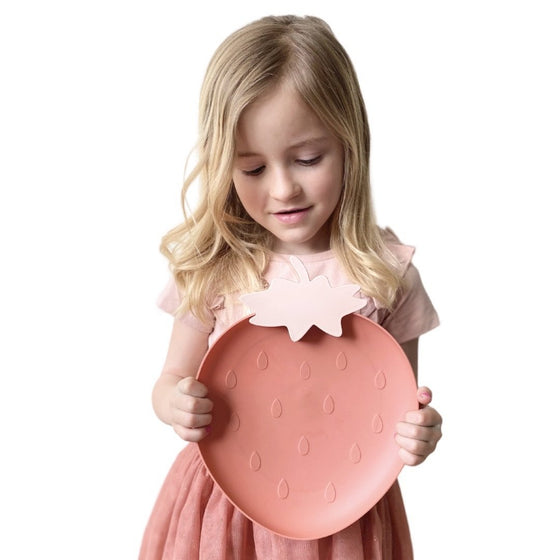Benefits of sleeping in the dark!

Some people prefer to sleep in total darkness, and some just can't close their eyes if they don't have a bedside lamp or nightlight on.
Falling asleep with a bright night light may seem relaxing, but in fact these seemingly innocuous lights can interfere with your sound sleep.
Complete darkness makes it easier to fall asleep while you prepare for bed, turn off all bright lights and leave a subtle night light on if you are afraid of the dark, once you are in bed, however, it is advisable to turn off the light or to get a sleeping mask .
By wearing a sleep mask, you can keep out all these intrusive lights. This then creates the perfect environment for your brain to produce melatonin. With more melatonin in your system, you are less likely to experience sleep disturbances.
Darkness promotes relaxation and stimulates the production of melatonin, the hormone that helps us fall asleep more easily.
Sleeping in the dark helps with depression, in other words, our body does not know what time to go to bed, and our body rhythm is disturbed, leading to mental imbalance and possibly depression.
Sleeping less can cause your brain to make bad decisions. It weakens activity in the brain's frontal lobe, the site of decision-making and impulse control. Sleeping in the dark keeps you fit! This happens because light changes the biological rhythms and metabolic parameters of the body.
Not surprisingly, most children usually sleep with lights on because they are afraid of the dark. Establishing a good habit is important for infants and children because it has a direct impact on mental and physical development.
Our tips for healthy sleep.
Although we usually associate darkness with nightmares, total darkness in the bedroom is the secret to a good night's sleep, but it can all be solved with a comfortable sleep mask and a night light.






